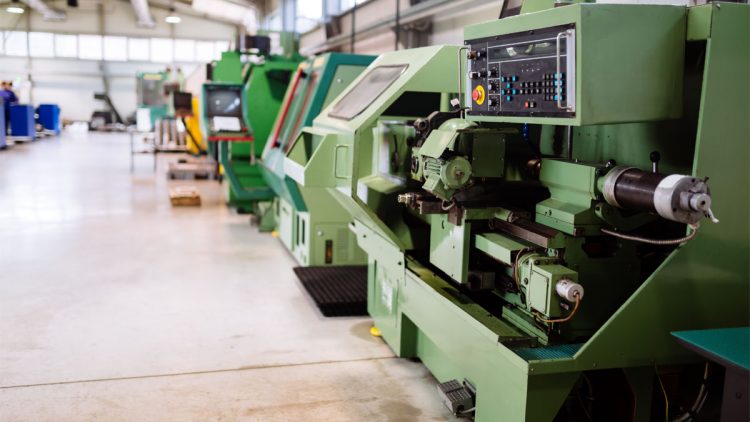Four Kinds of Surface Grinding
The Process Of Grinding Metal
The process of metal grinding is used to finish and smooth out metal objects. Edge sharpening, deburring, and custom edge finishes are its most common uses.
Metal removal by grinding is accomplished by using bonded abrasives to make a grinding wheel. As each moving abrasive particle encounters the workpiece, it creates a tiny chip in it. Grinding uses cutting actions just as often as drilling, milling, and lathe turning, despite what many people think.
Different Metal Grinding Process Types
The following is a list of the four most widely used grinding techniques in industries.
Grinding on the surface
Grinding with a cylinder
Internal grinding
Centerless grinding
1. SURFACE GRINDING
The phrase “surface grinding,” which is also referred to as “Heiken” or “Hiraken,” describes the use of a vertical or horizontal axis grinding machine in conjunction with a square or circular table, a straight or cup-shaped wheel, and other accessories.
The workpiece is placed on a table and the abrasive wheel is rapidly rotated to grind it. The workpiece is ground between the wheels on the double-ended type, which are located above and below. Numerous industries make use of surface grinding, the most widely used grinding method.
2. GRINDING CYLINDRICALLY
A universal or cylinder grinding machine is commonly used for enken, or cylindrical grinding. The wheel is fitted with the cylindrical workpiece, and the outer rim is machined. Among the various grinding techniques are straight cylindrical, tapered, end face, and full shape grinding. It is a common general-purpose grinding method that is comparable to surface grinding.
3. INTERNAL GRINDING
Internal grinding, also referred to as Naiken, can be accomplished with an internal grinding machine, a cylindrical grinding machine, or internal grinding equipment coupled to a universal grinding machine.
A rotating axle wheel is used to machine the fixed workpiece’s inner surface. It is said that grinding can be carried out as the workpiece rotates. Similar to cylindrical grinding, the grinding process includes taper and end-face grinding.
A three- or four-jaw chuck will hold the workpieces while rotating in tandem with the workpiece. Connection will be made between the internal grinder wheel and spindle. The internal grinder will rotate and move transversely to grind the workpiece’s interior surface completely.
4. GRINDING CENTERLESS
Shinbashi grinding is the term used to describe the process of using a centerless grinding machine to process a cylindrical workpiece’s outer edge. A workpiece is supported between a grinding wheel, a spinning adjustment wheel, and a fixed blade. The adjustment wheel is then turned while the workpiece’s outer circle is being ground in order to modify the workpiece’s rotation and feed. Centerless grinding does not require the workpiece to have a center hole in it, nor does it require the workpiece to be installed or removed from the grinding machine. These qualities make it a great choice for mass production.
Below is a list of the three fundamental kinds of centerless grinding processes.
THROUGH-FEED GRINDING The regulating wheel’s rotating surface applies an axial force to the workpiece, causing it to be fed axially. The through-feed grinding method is very productive because it allows for the simultaneous grinding of multiple items.
IN-FEED GRINDING: Through-feed grinding is not the same as in-feed grinding. Since the grinding wheel can be dressed to the workpiece’s surface in this situation, we will prefer the in-feed grinding method if the workpiece is close but not precisely round. The grinding wheel will be fed radially in the case of an in-feed grinding operation. In-feed grinding is less efficient than through-feed grinding because it takes a long time to prepare.
END-FEED GRINDING: During the end-feed grinding process, the workpiece moves axially. While on the ground, the workpiece will pause and then resume its motion.
ADDITIONAL GRINDING METHODS
5. GRINDING CONTOURS
Narai grinding, also known as contour grinding, is a process that shapes a workpiece into any shape using a profile grinding machine.
6. GRINDING GEAR
A gear grinding machine is used for gear shaping, which is also known as “Haken.” The most popular types of whetstones are those that are molded using a dresser (rotary dresser) and diamond abrasive grains.
7. GRINDING THROUGH
Form the thread by grinding it with a toothed machine.
Surface Grinding Services Phoenix
East Valley Precision offers surface grinding services near Phoenix & Chandler, Arizona. Contact East Valley Precision today!


